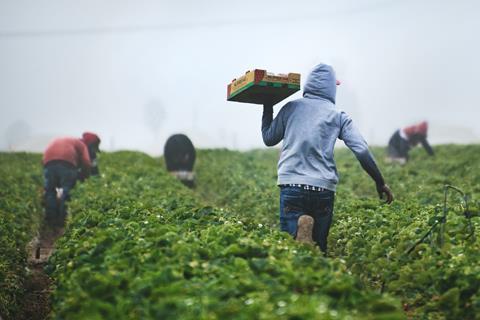
Focus On: Ethical Trading by Megan Tatum (wordsbymegantatum@gmail.com)
Download the synopsis here
Publishing: 26 June 2021
Advertising deadline: 11 June
Submissions deadline: 4 June
The Story
Fairtrade continues to thrive. In the last year Fairtrade outgrew total grocery at 13.6% to reach over £1bn in the food and drink market, according to Kantar. This growth has been driven both by higher prices and shoppers putting more Fairtrade items into shopping baskets. But exactly how has the pandemic shaped Fairtrade and ethical trading over the past year? To what extent is climate change impacting farmers and suppliers? And how are shopping behaviours affecting the market?
Key themes
Climate change: Environmental issues dropped off news agendas during the pandemic. However world leaders are pressing ahead with tackling global warming with Alok Sharma, president of November’s COP26 climate conference, warning of a ‘global catastrophe’. How is global warming impacting ethically-traded produce and what pressure is this putting on farmers and suppliers?
B Corp: In March this year, 28 food and drink brands gained B Corp status. How does the accreditation strengthen a brand’s appeal with consumers and spur them into making more ethical choices?
Certification schemes: During the pandemic, certification schemes could no longer carry out physical inspections and the likes of Fairtrade had to extend producers’ certificates while manual audits were suspended. This led to predictions that issues would emerge once physical inspections resumed. What’s the situation now? Are physical audits back on? Have standards lapsed?
Consumer behaviour: As a result of the pandemic, shoppers have become more conscious of supply chains which has led to more ethical purchases. What impact has this had on the industry and how will it play out over the year? Are certification schemes feeling confident? Are more brands signing up to Fairtrade?
Economy and prices: Fairtrade prices have gone up over the past year, driven largely by a fall in promotions during the pandemic. This, coupled with uncertainty around the supply of imports due to the pandemic and trade agreements post-Brexit, all look set to impact prices of ethically-traded produce. And with a recession looming, will consumers be in a position to invest in more premium products?
Product lines and retail channels: During the pandemic there has been a growing demand for Fairtrade categories such as frozen confectionery, sweet home cooking and chilled drinks. Which Fairtrade lines and ethically-traded brands or product ranges have resonated with shoppers and why?
Downloads
2021 Ethical Trading brief
PDF, Size 0.11 mb








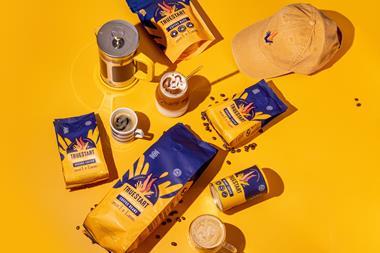

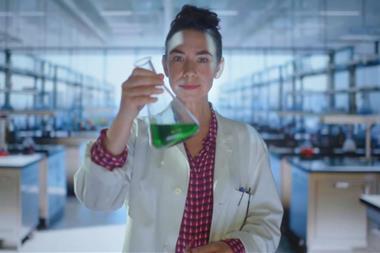
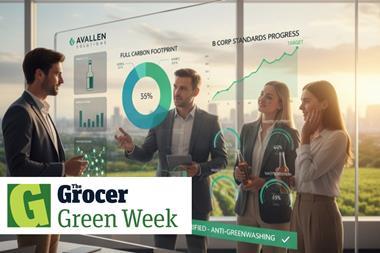
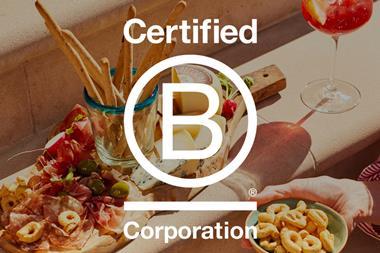

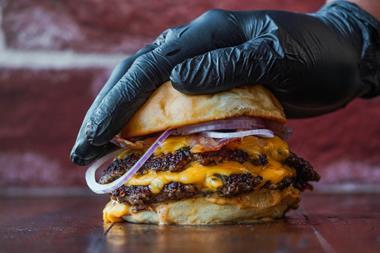
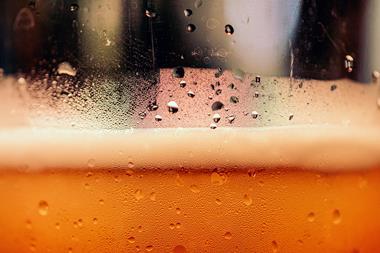
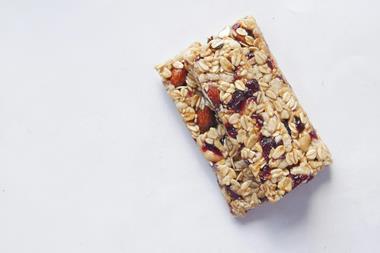


No comments yet